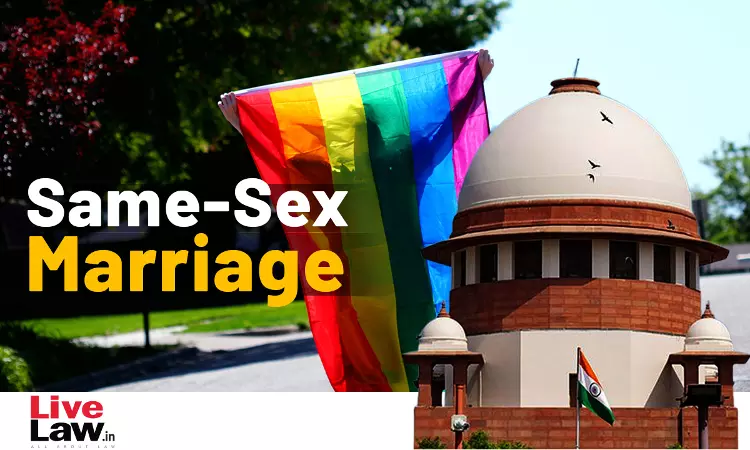On the ninth day of the argument in the marriage equality case, the Supreme Court discussed the rights of adoption granted to different family types including people living in live-in relationships and single parents. The bench comprising CJI DY Chandrachud, Justice Sanjay Kishan Kaul, Justice S Ravindra Bhat, Justice Hima Kohli, and Justice PS Narasimha dealt with arguments pertaining to...

